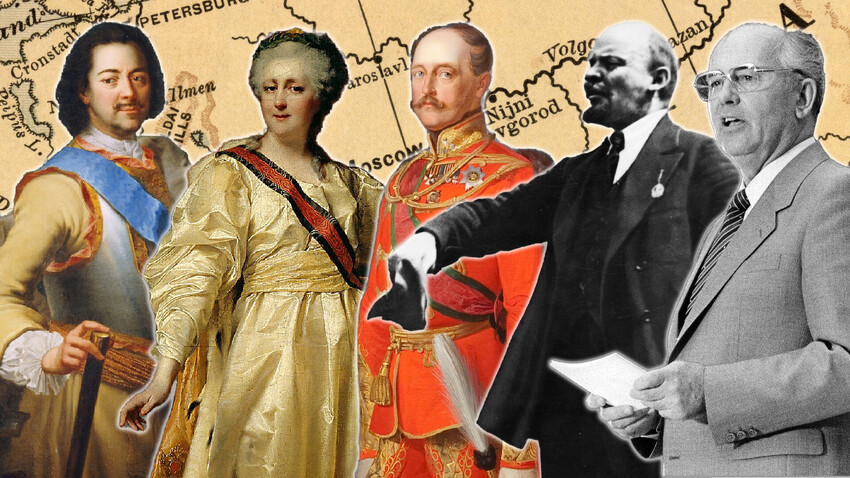
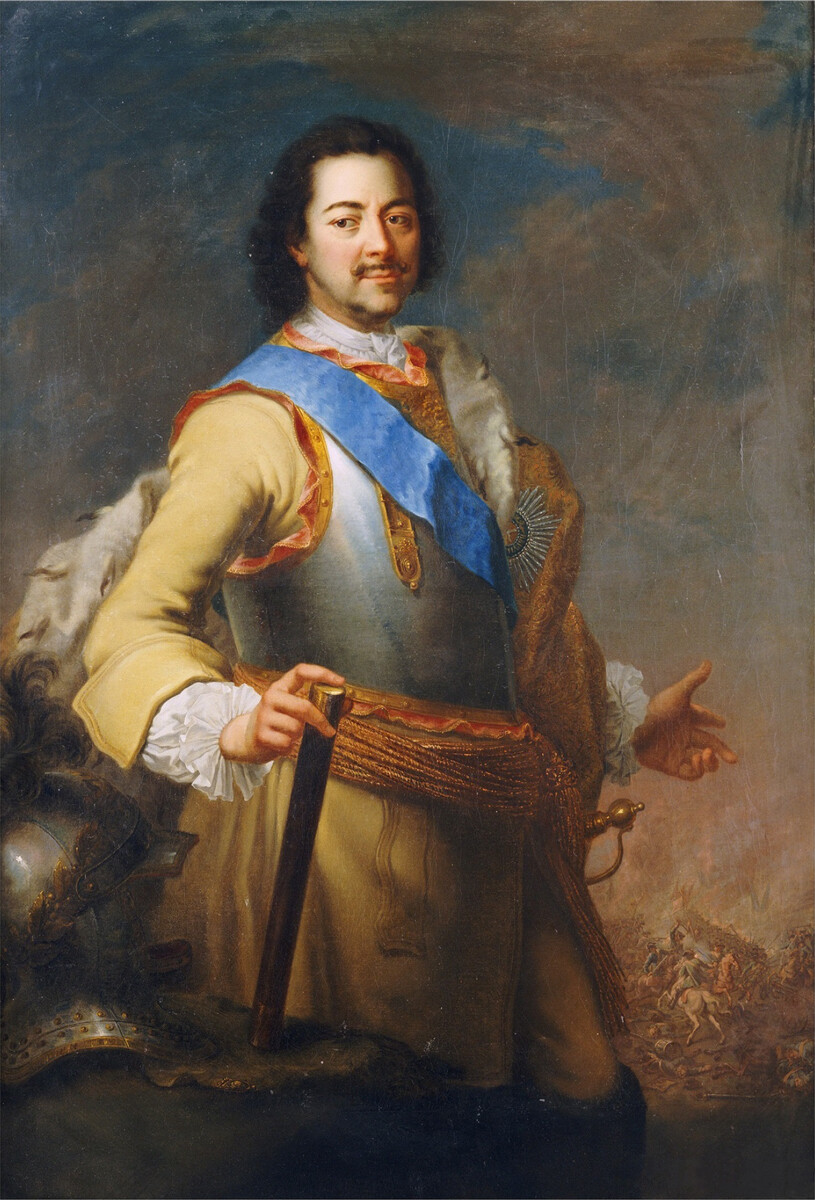
Portrait of Peter I of Russia, Maria Giovanna Clementi, 18th century.
Christie's / Public DomainPeter the Great assumed the throne in 1689 and immediately proceeded to transform every sphere of life in Russia.
He introduced some of the most comprehensive and far-fetched reforms that drastically changed life in Russia. Above all, he made the country an influential European power.
Peter the Great introduced a contemporary legislation system, modernized the Russian army and founded the Russian fleet. He waged a successful war against Sweden and proclaimed Russia an empire. In the meantime, he founded St. Petersburg, a city that served as the Russian capital for decades and paved the way for Russia into Europe proper.
Click here to read more about what was so “great” about Peter the Great.
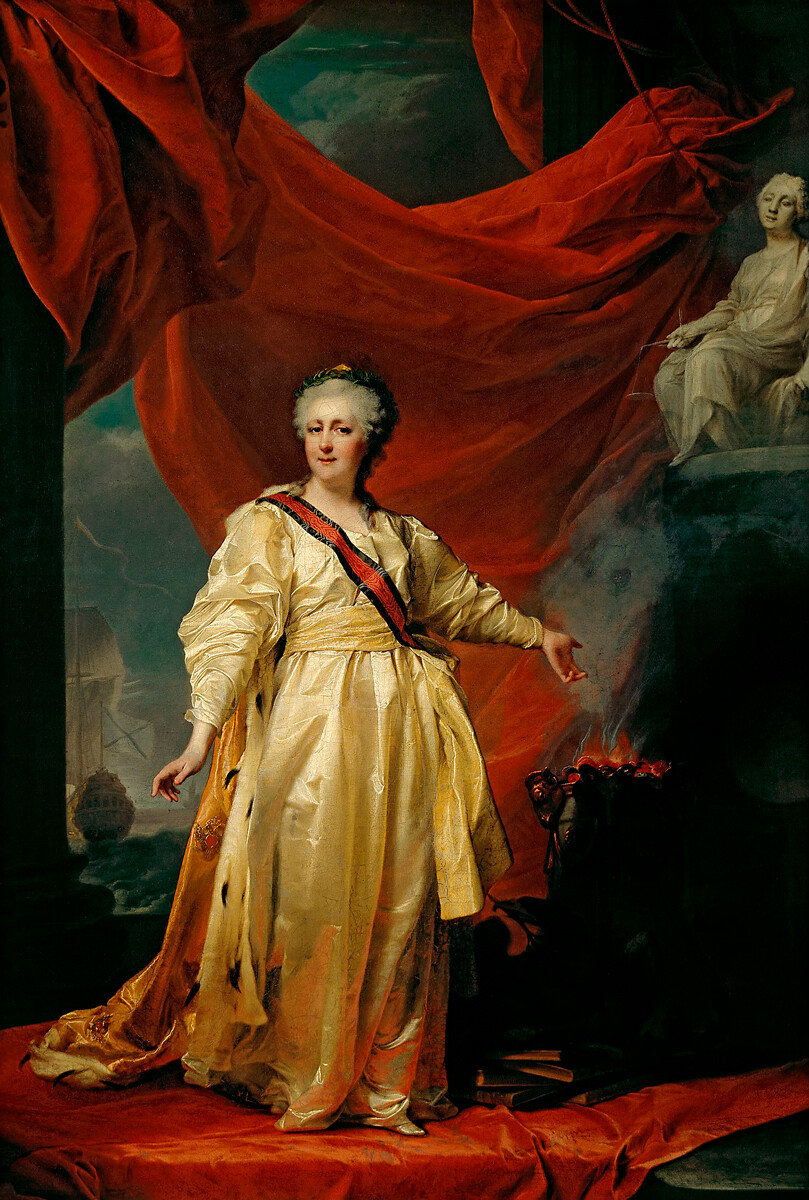
Portrait of Catherine II the Legislatress in the Temple Devoted to the Goddess of Justice, 1793, Dmitry Levitzky.
Tretyakov Gallery/Public DomainThis former German princess was, arguably, the most famous of the women who ruled Russia.
Just like Peter the Great, Catherine waged a few successful wars abroad. She incorporated Crimea, as well as other key land masses into the Russian Empire.
At home, she promoted education and culture. She put together the collection of artworks that formed the beginning of the Hermitage, invited a number of important European architects to work in Russia and launched a system of schools, including the Smolny Institute, Russia’s first place of higher education for women.
Click here to find out more about Catherine the Great.
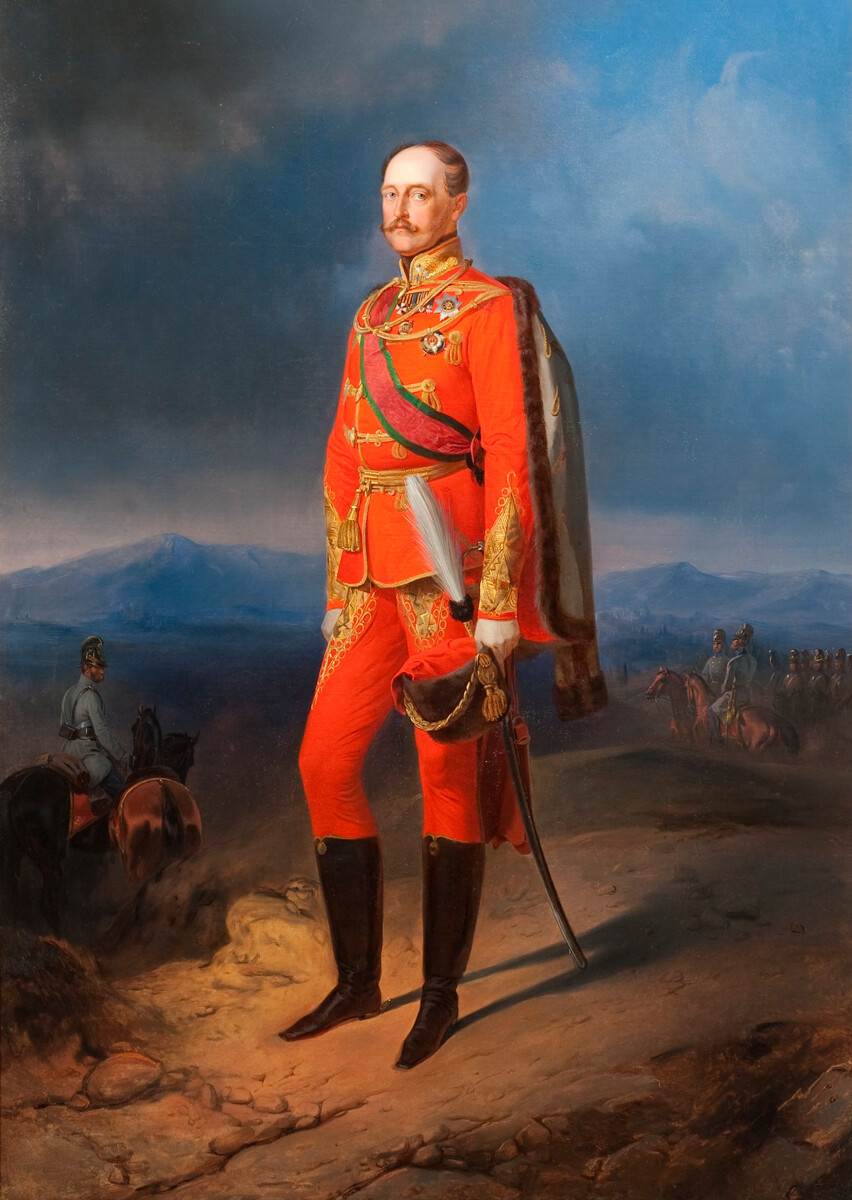
Portrait of Emperor Nicholas I in Austrian Uniform. Unknown artist. 1840s-1850s.
Public DomainNicholas I created the Russian railroad system. Under his reign, the first Russian passenger railway that connected St. Petersburg to Moscow was constructed.
Importantly, Nicholas I also defined the width of the Russian railroad track and made it a little wider than the European standard prescribed in order to prevent a potential European enemy from using Russian railroads to quickly transport their military into the Russian mainland.
This decision, however, had long-lasting consequences. To this day, trains have to change their wheel base on the Russian border to continue to their destination.
The construction of railways across Russia helped connect different parts of the vast country and boosted its industrial and economic might.
The emperor also laid out a groundwork for the abolition of serfdom in Russia that was completed only after his death.
Click here to find out more about the reign of Nicholas I.
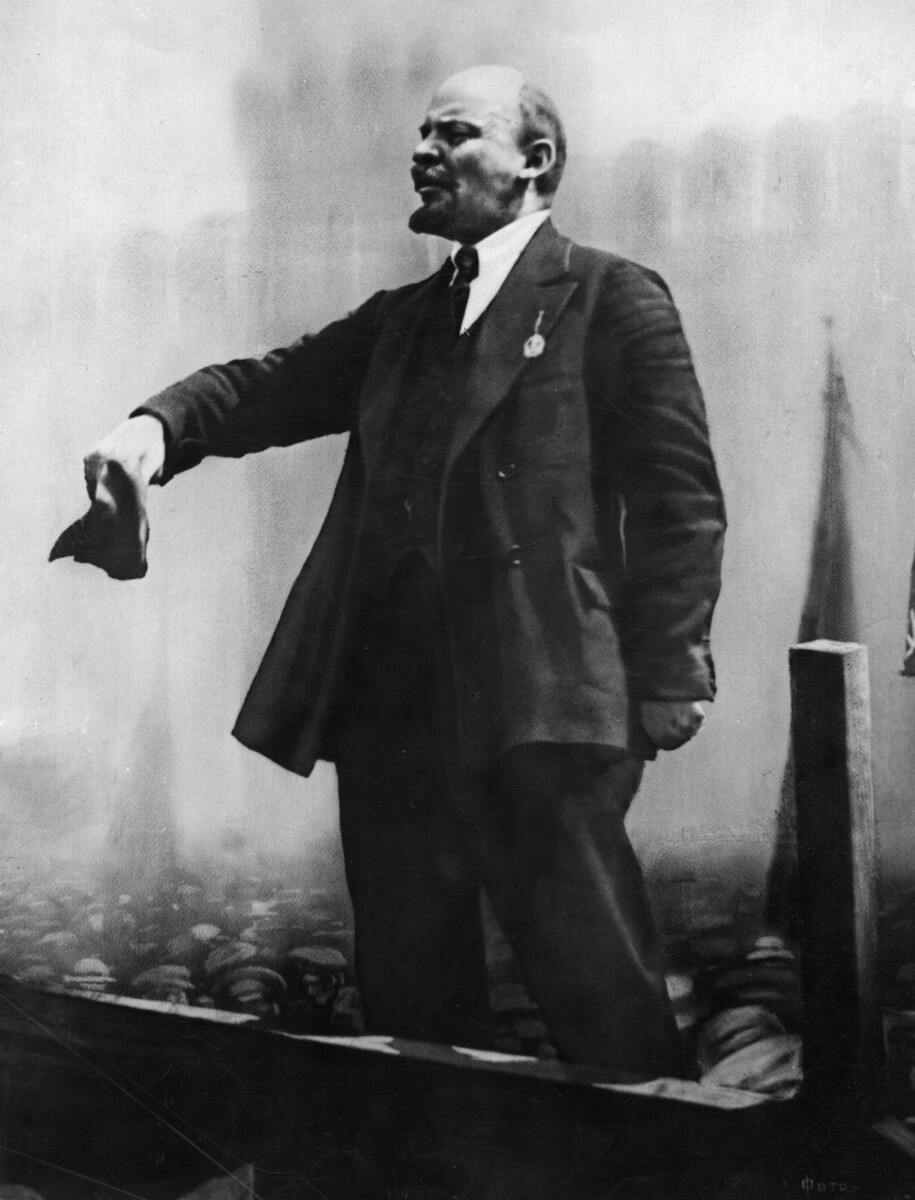
Vladimir Lenin addresses a crowd.
Hulton Archive/Getty ImagesBefore the Russian Revolution brought him to power, Vladimir Lenin rose up in the ranks from an exiled dissident to the leader of the Bolshevik Party.
He used the Bolshevik Party to ignite the October Revolution of 1917 which ended the era of the Russian Empire and started a new Soviet era, with Lenin at the helm.
After the USSR was officially established in 1922, Lenin became the head of its government. The revolution and the subsequent years were marred by the so-called ‘Red Terror’: repressions against dissidents, physical liquidations of “class enemies” like the bourgeoisie, wealthy merchants, noblemen, executions and concentration camps.
At the same time, the ideas of the Russian Revolution completely altered Russian history, transforming the country from a struggling empire into a modern superpower that would later come to compete with the U.S. for world dominance.
Click here to read more about Vladimir Lenin.
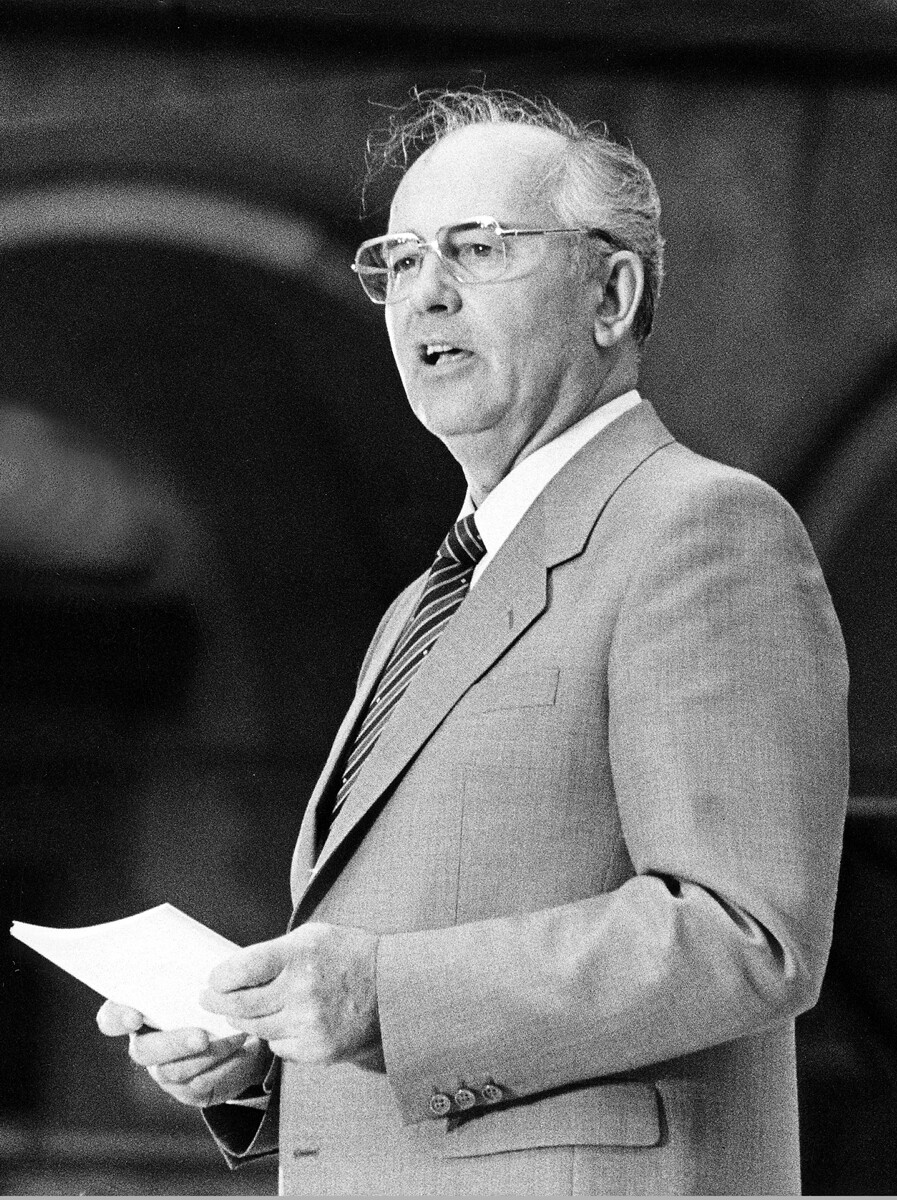
Mikhail Gorbachev.
Valdi/ullstein bild via Getty ImagesArguably one of the most controversial figures on this list, Mikhail Gorbachev is often credited with (or accused of) the demise of the USSR.
Upon receiving political power in March 1985, Gorbachev initiated important political reforms that became known as Glasnost and Perestroika. He ended the one-party system in the USSR, introduced elections and ended persecution of political dissidents in the USSR. For the first time in many decades, the Communist Party became an object of public criticism. An element of accountability was introduced to the political system of the country that knew little of it throughout most of its history.
However, in doing so, Gorbachev unwittingly launched processes that triggered the collapse of the USSR, opening a new chapter in Russian history.
Dear readers,
Our website and social media accounts are under threat of being restricted or banned, due to the current circumstances. So, to keep up with our latest content, simply do the following:
Subscribe to our Telegram channels: Russia Beyond and The Russian Kitchen
Subscribe to our weekly email newsletter
Enable push notifications on our website
Install a VPN service on your computer and/or phone to have access to our website, even if it is blocked in your country.
If using any of Russia Beyond's content, partly or in full, always provide an active hyperlink to the original material.
Subscribe
to our newsletter!
Get the week's best stories straight to your inbox